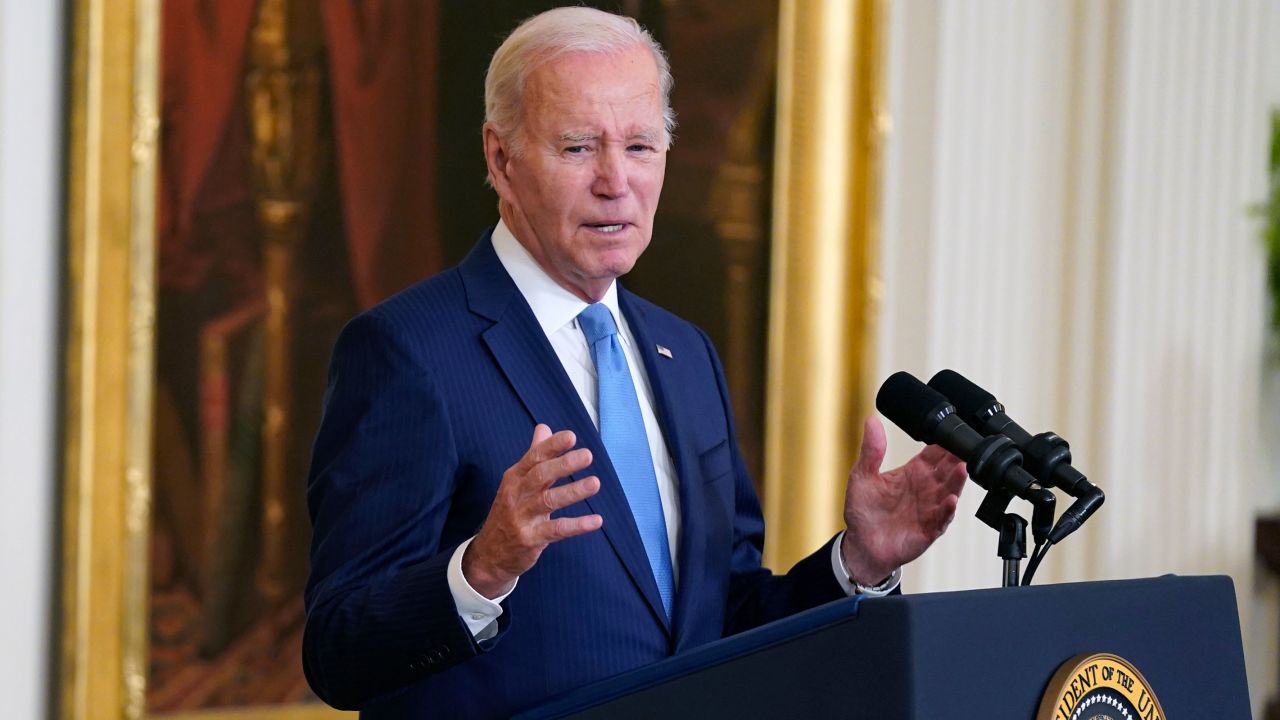1 min read
VIDEO: Stalin Biographer Geoffrey Roberts Exposes Ukraine-War Lies
Dr. Roberts is one of the critical western historians who also dares to speak his mind when it comes the War in Ukraine…
5 mins read

In the spring of 1789, France began a revolution that would overthrow the monarchy that had ruled the nation for a thousand years. Representatives to the Estates General, a body that had not met in 175 years, had been convened to try to solve France’s overwhelming debt crisis. Within days of its first meeting, the group changed its mission and resolved to give France a constitution and a representative legislative body.
Understandably, King Louis XVI was adamantly opposed to such changes, which would put an end to his absolute rule. As the assembled members of the Estates-General acted, however, Louis XVI was missing in action. Instead of trying to convince his opponents that they should not proceed or of using more muscular force to stop them, he simply disappeared. Why?
The king and his wife, Marie Antoinette, were in deep mourning. The royal couple had just lost their eldest son, who had been suffering for several years from an increasingly debilitating disease that steadily destroyed his bone structure and ultimately took his life. For much of those years, as France was descending into financial and social chaos, the king and queen were preoccupied with the declining health of their son.
Louis XVI completely lost whatever focus he had on his political problems as he mourned his 7-year-old son. He never regained any momentum. The spiral of political actions that he might have stopped at their onset ultimately led to the abolition of the monarchy and the execution of both the king and the queen.
Similarly, more than a century later, another royal couple found itself in the grip of panic over the health of their child as the world around them collapsed. The Russian Czar Nicholas II and his wife, Alexandra, became totally absorbed by the hemophilia of their son, the Czarevich Alexei. His condition, inherited from his greatgrandparents Queen Victoria and Prince Albert, left him vulnerable to death as a consequence of even the slightest bleeding.
In a desperate attempt to heal the boy, Alexandra fell under the spell of an unscrupulous monk: the notorious Rasputin. The monk’s influence led to both incredibly unwise decisions by the Russian couple and to unremitting distraction.
This situation turned Nicholas II’s attention away from the rapidly deteriorating situation in Russia. He, like Louis XVI before him, became obsessed with protecting his son. That understandable obsession resulted in his inability to confront the reality of the disintegration of his nation. The consequences are well known. Following in the footsteps of Louis XVI and Marie-Antoinette, Nicholas II and Alexandra, along with their five children, were summarily executed in the spring of 1918.
Closer to home, many Americans are aware of President Abraham Lincoln’s and his wife’s suffering when their 11-year-old son, Willie, became ill from drinking contaminated water and died of typhus. Both Lincolns became profoundly despondent. Lincoln was so distraught that he even had his son’s remains disinterred so he could see Willie one last time. Nonetheless, Lincoln was rapidly able to overcome his grief and resume his role as president and commander in chief in the midst of the Civil War. It is frightening to think of what might have happened had he not been able to do so. Anyone who is a parent can readily relate to the anguish of these fathers as they watched their sons in the throes of fatal illnesses. Caring for a sick relative is time-consuming. Caring for a sick child is all-consuming. But the truth is that for those who choose or are required to assume the responsibilities of national leadership, those responsibilities must always prevail over the anguish and grief that parenthood can sometimes impose. Today, we are witness to a parental challenge facing our own leader. The surviving son of the president of the United States has been shown to have engaged in troublesome behavior. He is an admitted drug user, a philanderer, a tax evader and possibly an influence peddler. Arguably, in some respects, this comportment is even worse than just an illness since it is both debilitating and destructive to the son. Still, it also has the potential of infecting the father.
President Biden has reacted to his son’s problems like a father but not like a leader. Despite the evident failings of his son, he repeats in mantralike fashion that he is proud of his son and that the son has done nothing wrong.
This is clearly a form of unwarranted denial. Such denial is a sure way of failing to provide his son with the guidance that a troubled person needs in order to cope with the moral and physical ills that assail him.
Denial is completely understandable in a distraught parent. But a president is not just a parent. He is charged with the supervision of the nation he leads. He must lead both in fact and by example. Today, we do not need someone who follows the examples of Louis XVI or Nicholas II. Rather, we need a leader with the strength of character of Abraham Lincoln as we face increasing challenges, both domestic and international.
It may very well be that the elder Mr. Biden, an aging parent weakened by the years and by his many tribulations, cannot cope with his son’s problems. Then, how much more so is he potentially unable to cope with our nation’s problems? We should be compassionate but concerned.